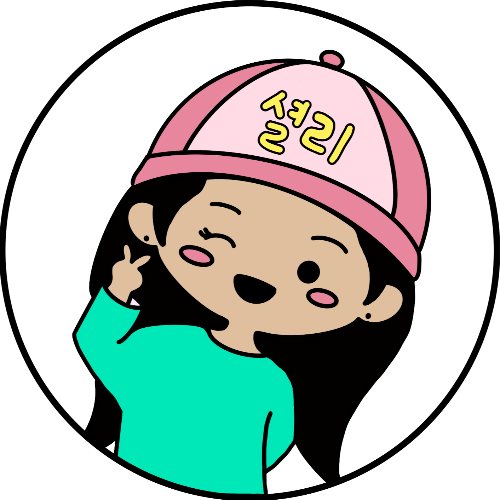03. Scene Takeaways 😃
-
- 괜찮대요
- 생각있어요?
- 소개팅?
괜찮대요
This phrase is one that isn't commonly taught, especially to beginners BUT it is so simple to learn if you just understand how to use it in real life. First of all, you might not have seen the ~대요 ending yet but it is used when you are trying to relay what someone/some people said to someone else.
For example: the base of this sentence could be "괜찮아요" but if you are saying that someone else said that it is 괜찮아 you would add 대요 which basically turns the sentence from "it's okay" to "[they said] it's okay"
In this context, she is talking about a guy that she's never personally met so shes saying "He's not bad looking" but adding the 대요 means that someone else told her that he isn't bad looking.
Let's see some examples:
맛있대요! (they said it's good)
좋대요! (they said they like it!)
잘생겼대요! (they said he's handsome!)
생각있어요?
This phrase is one that is also not commonly taught but it basically means "What do you think?" or "Do you want to do it?" or "Are you considering it?/Do you consider it?"
Instead of asking someone "하고싶어요?" which means "do you want to do it" you could ask them "생각있어요?" which translates to "do you have thoughts?" literally but it means "do you have thoughts of ... doing (something)" It is a more polite and light way of asking someone what they think about doing something that you're suggesting!
소개팅
This is just a term that I think you guys would benefit from learning! It is the korean word for "blind date" but that is the translation that most people use BUT it's not just a blind date it means a date that you go on from being introduced by someone else (a common person). It means that someone else is setting you guys up! So blind date isn't the culturally contexual translation but it's the easy one!
I hope that makes sense!!!!!
| 
